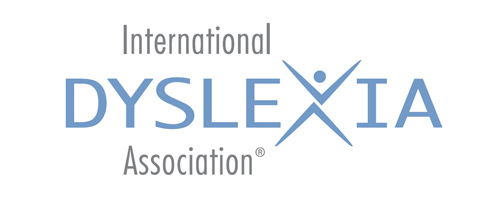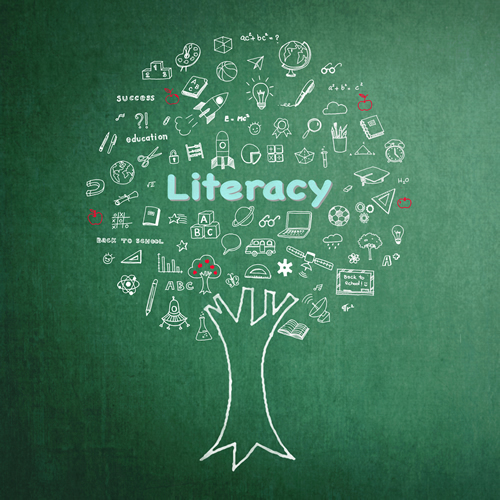Instant Replay: Instructional Strategies That Work!
Asynchronous Virtual Sessions
Experts in the field of explicit reading instruction that supports student learning and progress to mastery provided sessions about syllabication and morphology, writing skills, and spelling for our April 30th 2022 Virtual Conference. Jennifer Hasser, Amy Siracusano, and Virginia Berninger shared their knowledge on these topics!
These sessions are available again! VBIDA is able to offer the recordings of these session for $40.00 (for six months) thanks to the generosity of the presenters!
The sessions may be purchased here.
You will be asked for your name, email, and fee upon registration, and once complete the recording links and handouts will be sent to you.
All fees collected from this offering will support our teacher and student scholarships and our free webinars throughout the 2022-2023 school year.
Session Descriptions
Jennifer Hasser – Syllabication and Morphology: Effective Strategies for Integrating Decoding and Vocabulary Instruction.
Description: Multisyllabic words intimidate students, especially those who are not natural readers. When students do not understand the rules of syllable division, they make random guesses, skip words, or shut down when text gets too difficult. If we help students master the syllable types, suddenly they have the confidence and skills to decode “big words.”
By teaching our students how to use syllable division to decode words quickly and easily, we can relieve the burden on working memory and facilitate comprehension. During this presentation, Jennifer Hasser will outline the syllable division strategy UNLOCK and the important connection between syllabication and morphology. By teaching a clear and effective strategy for decoding multisyllabic words, we can provide students with the knowledge they need to “UNLOCK” the meanings of thousands of words!
Amy Siracusano – The Simple View of Writing: Is It Really that Simple?
The Simple View of Writing (Berninger and Amtmann, 2003) provides a framework to understand the relationship between transcription skills, text generation, working memory, and executive functions. Participants will learn that transcription skills (handwriting, spelling, keyboarding) are as critical as composition skills in developing proficient writers. This session will show teachers how to use this model to determine students’ writing strengths and needs with an emphasis on transcription skills and sentence instruction.
Virginia Berninger – Translating Research on Spelling into Evidence-Based Instruction for Spelling Problems in Dyslexia.
First, research evidence will be presented that Dyslexia is not only a reading disability but also a spelling disability. Next, 10 general principles for learning to spell words in English, a morphophonemic orthography, will be explained. Finally, these general principles, based on the research of pioneers in the field of spelling, will be translated into evidence-based instructional practices for teaching students with Dyslexia to spell. The spelling problems associated with Dysgraphia (handwriting disability) and with Oral and Written Language Learning Disability (OWL LD) will also be covered because these specific learning disabilities sometimes co-occur with Dyslexia. Following this one-hour session there will be a 15-minute Q & A during which the presenter will respond to questions submitted to Chat. Participants are encouraged to download the power point for this presentation that will have the cited research references and resources for assessment, instruction, and linking assessment with instruction.
Share this page with your friends…


